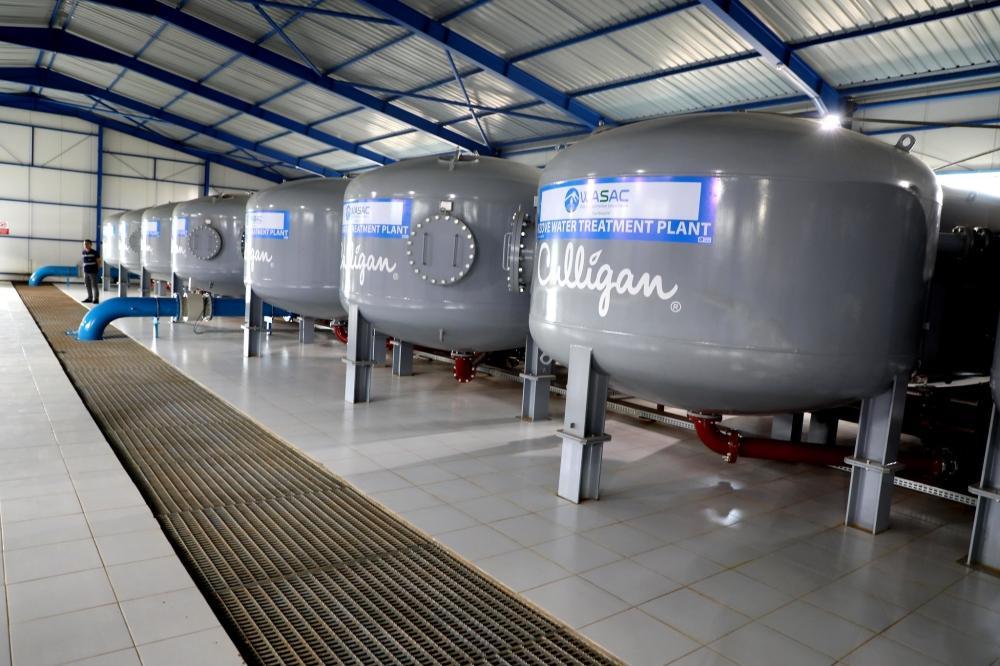Africa-Press – Rwanda. In order to meet Kigali’s increasing water demand, a $25 million [around Rwf36 billion] upgrade is planned for the city’s aging Nzove water treatment plant, one of the main facilities supplying clean water to the city’s population of more than 1.7 million people. Kigali is one of the fastest-growing cities in Africa, with an annual urbanization rate of 4%.
The water treatment plant, which has been operating since 2006, has significantly underperformed over the years, Vital Nshimiyimana, the Sanitation Infrastructure Planning Manager at Water and Sanitation Corporation (WASAC), said on June 26 during a Public Accounts Committee (PAC) hearing in parliament.
“The factory is currently producing less than 10,000 cubic meters per day, far below its intended capacity of over 25,000 cubic meters. And we want to restore it to its full potential,” Nshimiyimana said.
The project will be implemented in partnership with the African Development Bank (AfDB), with a planned investment of $25 million. According to WASAC, this upgrade is a step towards narrowing the gap between water supply and demand in the City of Kigali.
Although Kigali currently receives water from multiple plants, including one that delivers 86,000 cubic meters daily and additional smaller facilities producing a combined 40,000 cubic meters, the total supply still falls short. The city’s daily water demand is estimated at 140,000 cubic meters, yet only about 130,000 cubic meters is being provided when combining all sources.
“We already have some new industries in the area, but this old plant still plays a key role. By boosting its output, we’ll strengthen the city’s water resilience,” said Nshimiyimana.
The national water utility is in the process of selecting a consultant to conduct a feasibility study for the upgrade. The goal is to have the revamped plant completed and operational by 2028 with broader efforts to expand access to clean water in urban areas as the population and industrial activity continue to grow.
For More News And Analysis About Rwanda Follow Africa-Press






